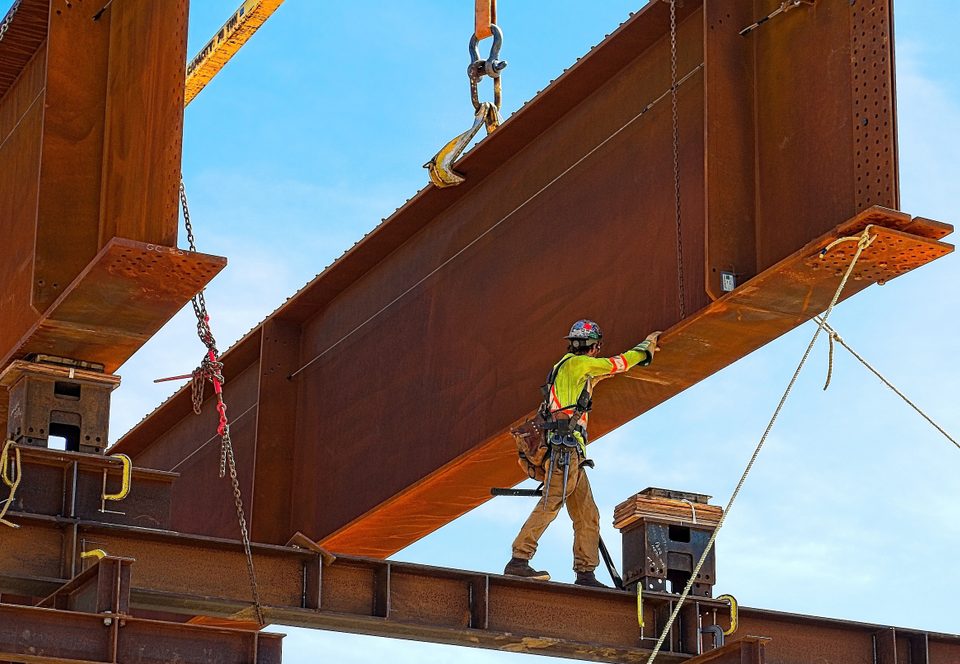Common Steel Cutting Formats

Advantages and Disadvantages of Arc Welding
December 1, 2016
Explaining the Different Chain Grades
December 15, 2016Steel comes in many different shapes and thicknesses, and we’re experts in all of them at Wasatch Steel. Our stock includes all varieties of products you could need, but how do you go about splitting these products into smaller pieces if you need to?
There are a few different formats for cutting steel, mainly dependent on the thickness of the steel – also called the gauge, but in reverse order. The smaller the number of gauge, the thicker the steel is. Let’s look at three common cutting formats, and how they might be useful for your next steel project.
Compound Snips
For thin-gauge steal, compound snips – also sometimes called “aviation snips” or “tin snips” – are a great outlet. They’re similar in look and feel to scissors, and can cut through any steel that’s 24 gauge or thinner. There are three kinds of compound snips:
- Straight snips – for cutting straight lines. They generally have yellow handles
- Left-cut snips – for cutting counter-clockwise curves. They generally have red handles
- Right-cut snips – for cutting clockwise curves. They generally have green handles
Nibbler Cuts
Compound snips are excellent for shorter cuts, but there comes a length where you might want to look to a nibbler if your cut needs to be longer. Nibblers are hand-held tools which make speedy cuts, and do so with very little distortion or extra noise. They’re very convenient and also generally safe, emitting no sparks during cutting. Most nibblers can cut up to 14 gauge steel. Nibblers punch out a small piece of steel every time they make a cut, so by the time you’re done with one, you’ll have a bunch of little steel pieces on the floor (make sure to clean these up so no one gets cut).
Angle Grinder
For rougher projects and cuts, an angle grinder might be necessary. This is a more powerful hand-held tool, one which can be fit with a number of different blades – meaning it’s very versatile and can be used for several different kinds of projects. Angle grinders do emit sparks and lots of noise, and more safety precautions are necessary than a nibbler. Cuts will be very fast, but they may also be rougher in many cases. In general, angle grinders aren’t used when pinpoint accuracy is needed.
Know that this is far from the full range of cutting tools and project types – there are dozens of others depending on your exact steel project. To learn more about these or any of our other steel products, contact your premier steel supplier, Wasatch Steel, today.



